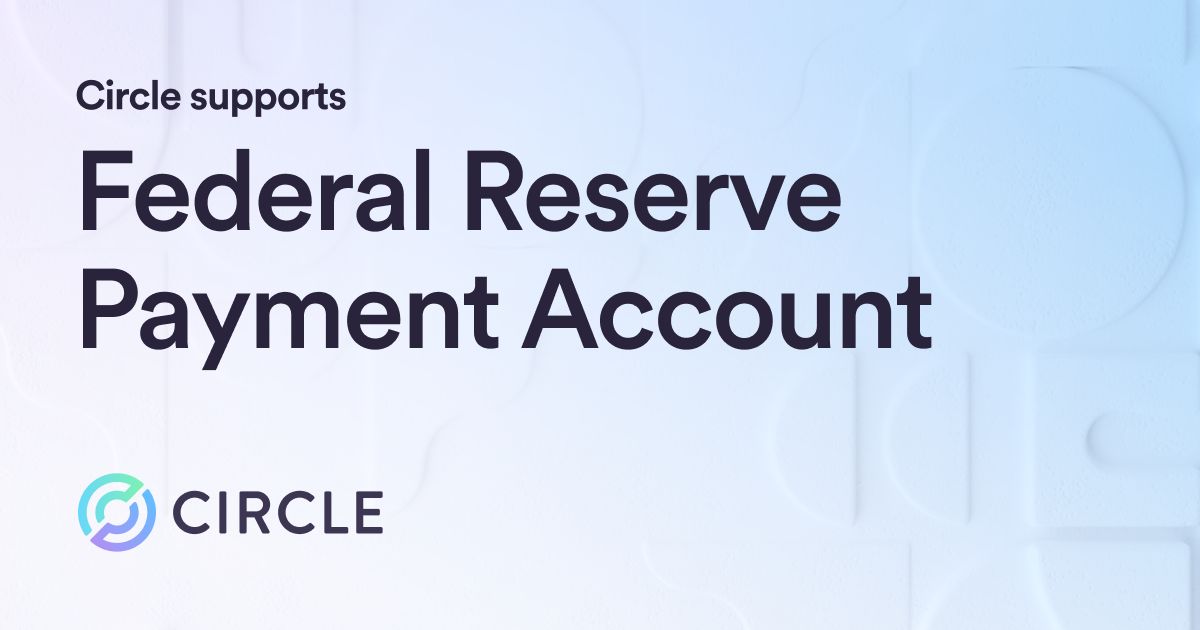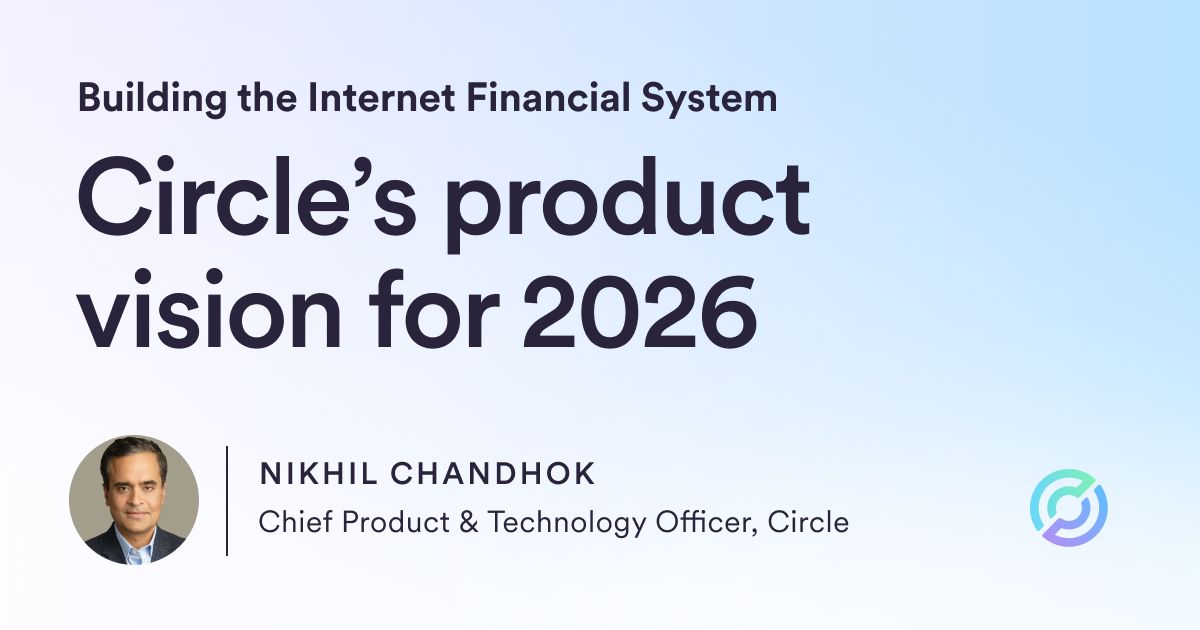Circle submits response to the Basel Committee on Banking Supervision’s proposed standard governing crypto assets.

Last week, Circle submitted its response to the Basel Committee on Banking Supervision’s proposed standard governing crypto assets. The Basel Committee plays a critical role in setting global regulatory principles and serves as the primary voice in setting the standard for how traditional financial services and banks engage with new technology like blockchain. The Basel Committee’s standard marks years of public-private dialogue, and Circle commends the Committee for thorough engagement with financial institutions and the wider non-government sector.
Importantly, the Basel Committee’s standard proposed sweeping categorical restrictions on the use of permissionless blockchain technology – the bedrock of the global blockchain-based economy. While its assessment has yet to be published, the Committee’s broad treatment of permissionless blockchain reflects the need for deeper discourse between industry and regulators globally regarding the use of permissionless technology – such as blockchain or the internet – in order to understand both the risks and, more importantly, the benefits they create.
In its response, Circle urged global regulators to avoid adding complexity or “one-size fits-all” restrictions based purely on a financial service’s underlying technology as well as to engage financial institutions to continue safely experimenting to understand the benefits – such as enhanced network resilience and transparency – that permissionless blockchains offer. Above all, Circle encouraged regulators to look to the precedent set by the open, permissionless internet to understand the means for supporting safety and soundness of applications built upon permissionless technology, highlighting the following:
- Communications protocols like the internet and blockchain do not need to be regulated in order to allow regulated financial applications involving sophisticated and secure multi-factor permissioning to be built on top of them.
- Permission involving blockchain-based networks, similar to that of the internet, exists on a spectrum and is not constituted by a binary determination of permissioned or permissionless. Indeed, very tightly permissioned or even closed systems can exist on top of blockchain in the same fashion that permissioned and very sensitive financial systems operate ubiquitously on the permissionless internet.
Circle’s analysis drew heavily on the architecture of blockchain-based systems already familiar to many developers around the world. This includes distinguishing between the data validation, application, and user-interface layers and understanding how “permission” plays a role in each. Circle likewise encouraged the Basel Committee to take a deeper look at the tradeoffs, for example, between network resiliency and security and the degree of permissioning, highlighting the following benefits:
- A central facet of the blockchain data protocol layer is the relationship between distributed ledger network security and the size of the network. Permissionless distributed ledgers consisting of a geographically diverse network of validators offer significant security and network resiliency benefits when compared to permissioned protocols that may consist of one or few validators.
- Financial experts have noted that permissionless blockchains offer significant cyber-security enhancements over traditional systems both by increasing the challenge to would-be abusers and by creating widely visible and traceable records. Falsification of blockchain transactions becomes exponentially more challenging as the network of validators grows, leaving permissioned systems at greater vulnerability to insider or external threats.
- Permissionless protocols likewise offer added resiliency benefits by acting as continuously verifiable point-in-time snapshots of the distributed ledger. These can play a critical role in business continuity and contingency planning in the event of disruption at the application layer or user-interface layer.
As blockchain technology gains ubiquity around the world, Circle will continue to advocate for regulatory and industry collaboration to enhance the benefits and safeguards that new financial technology offers in order to make the payments and financial system more accessible, cheaper, and faster to everyone.
Circle’s response to the Basel Committee on Banking Supervision can be found here.




